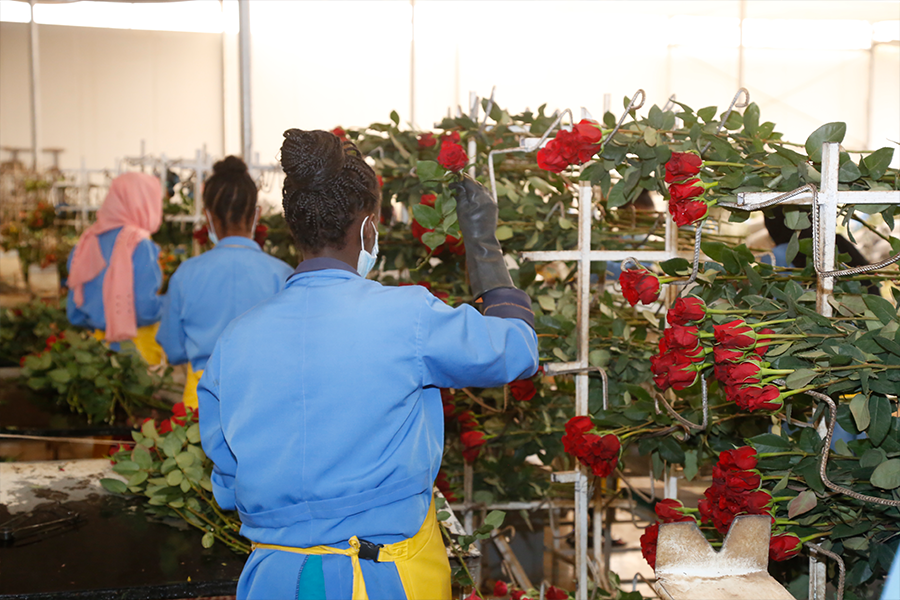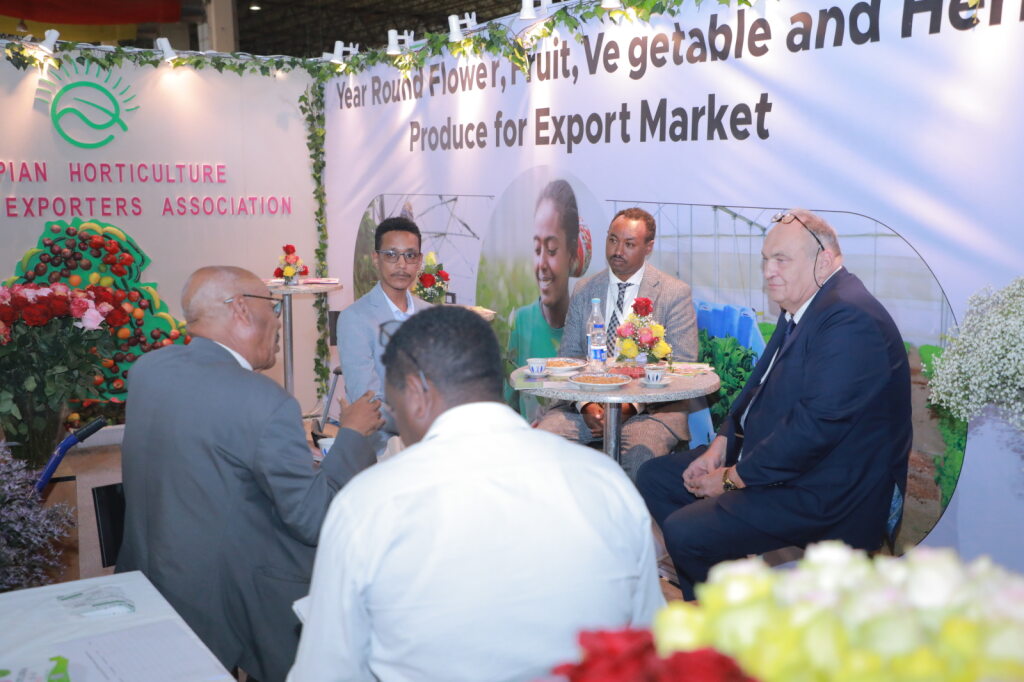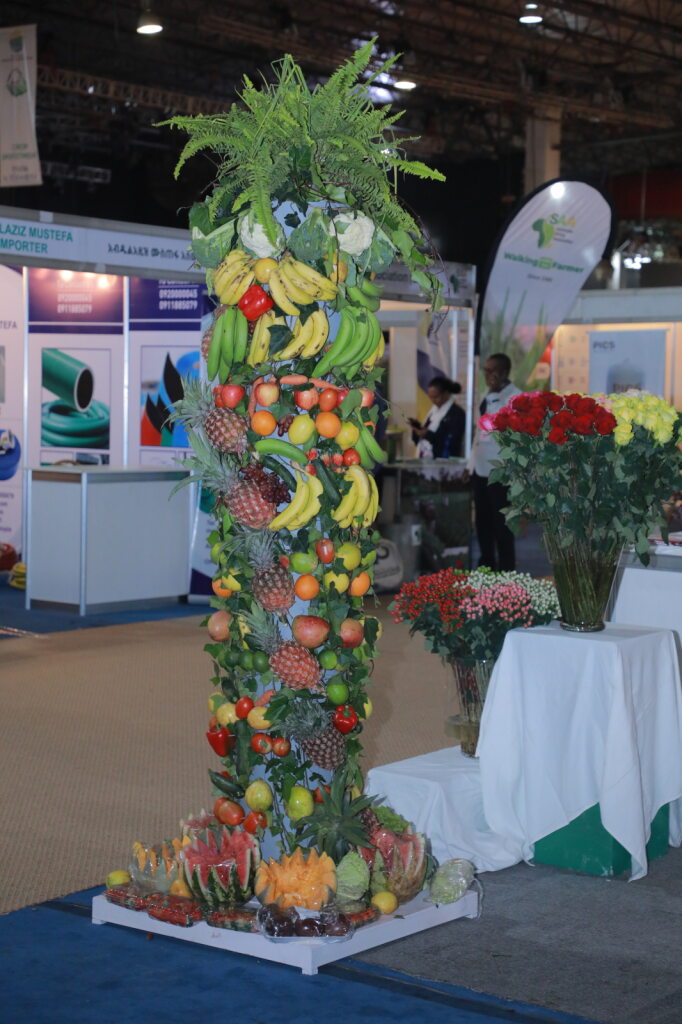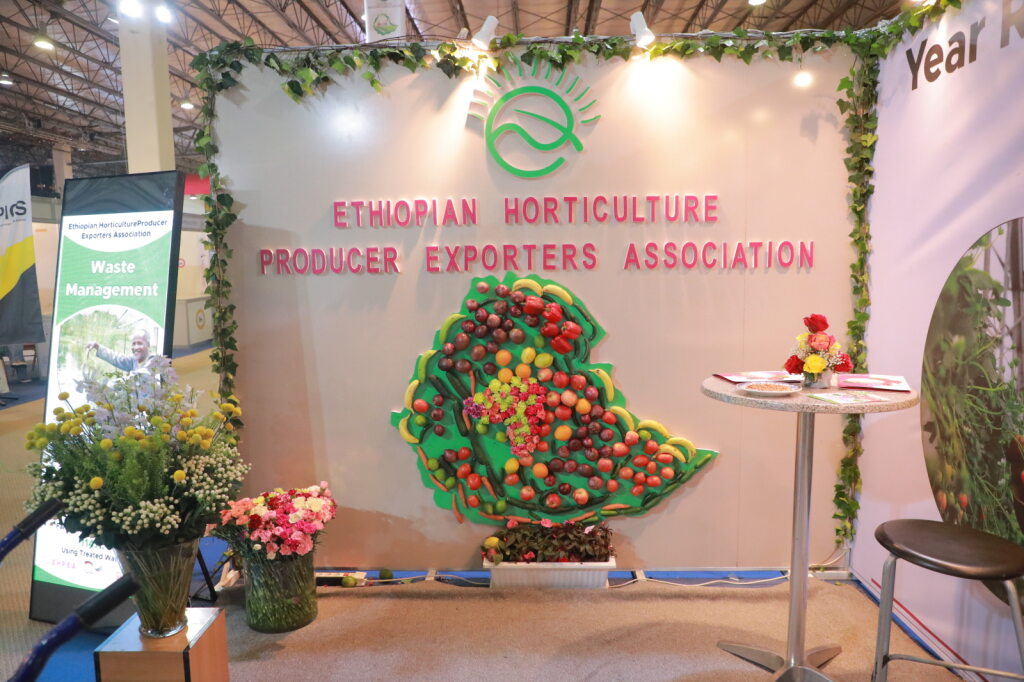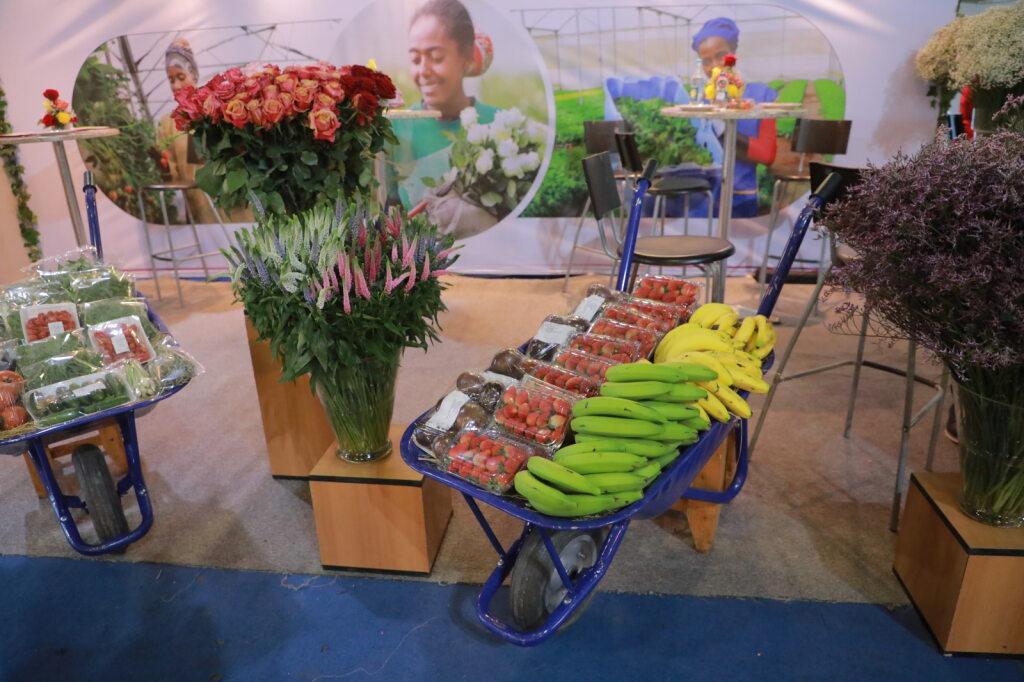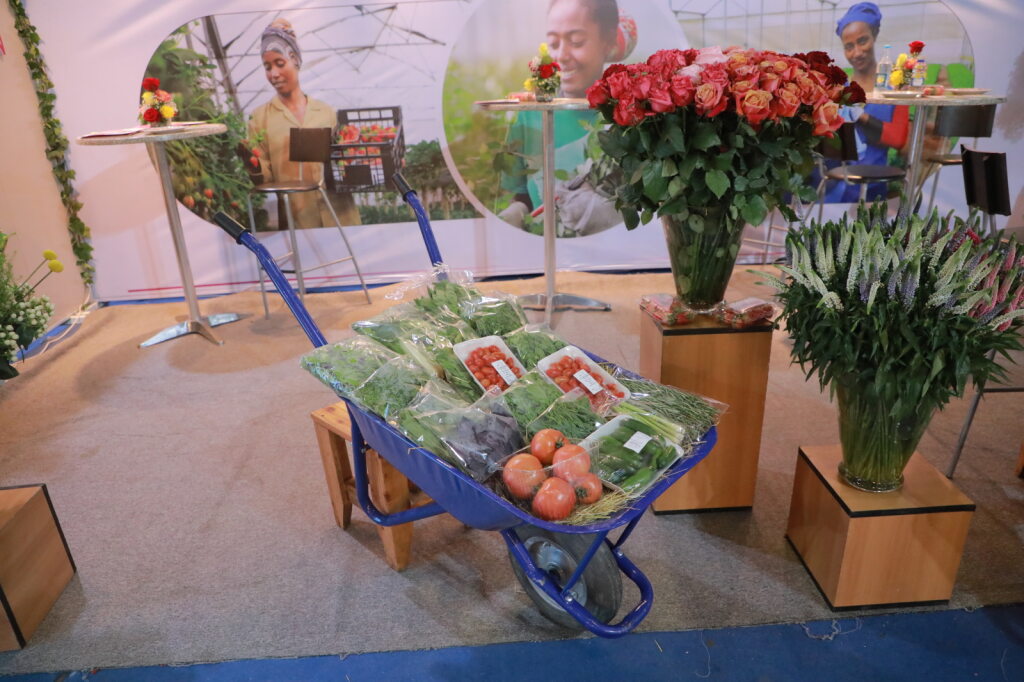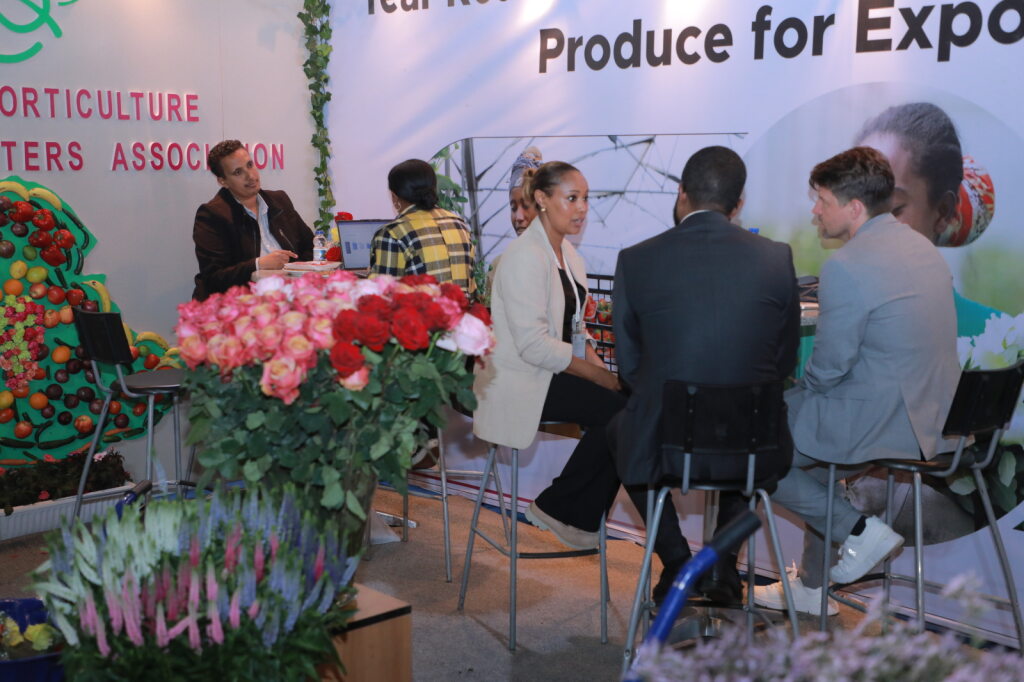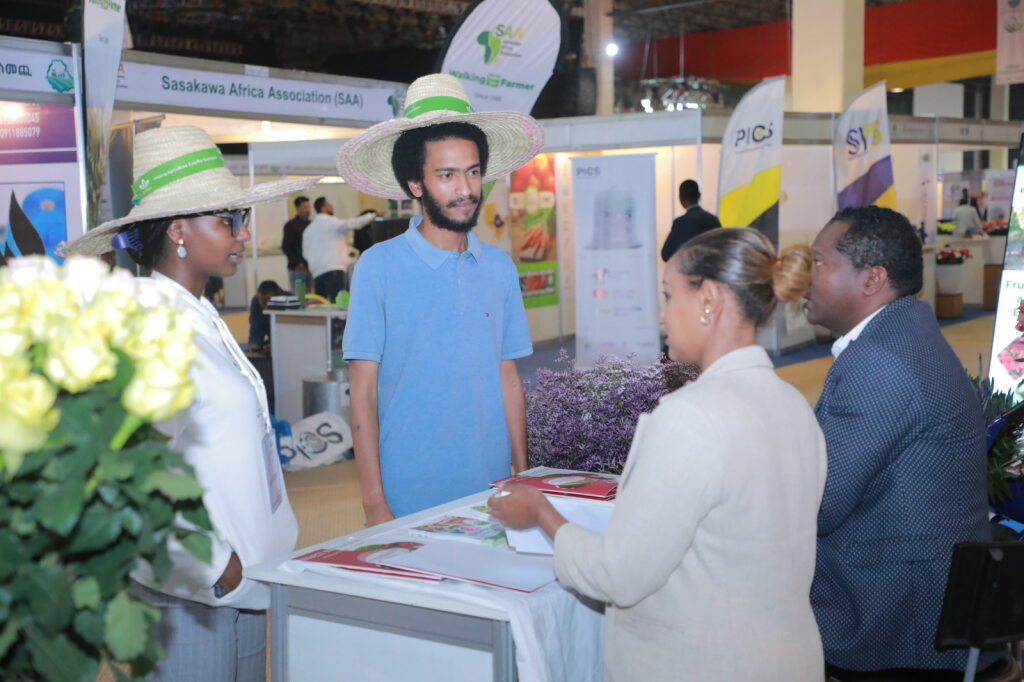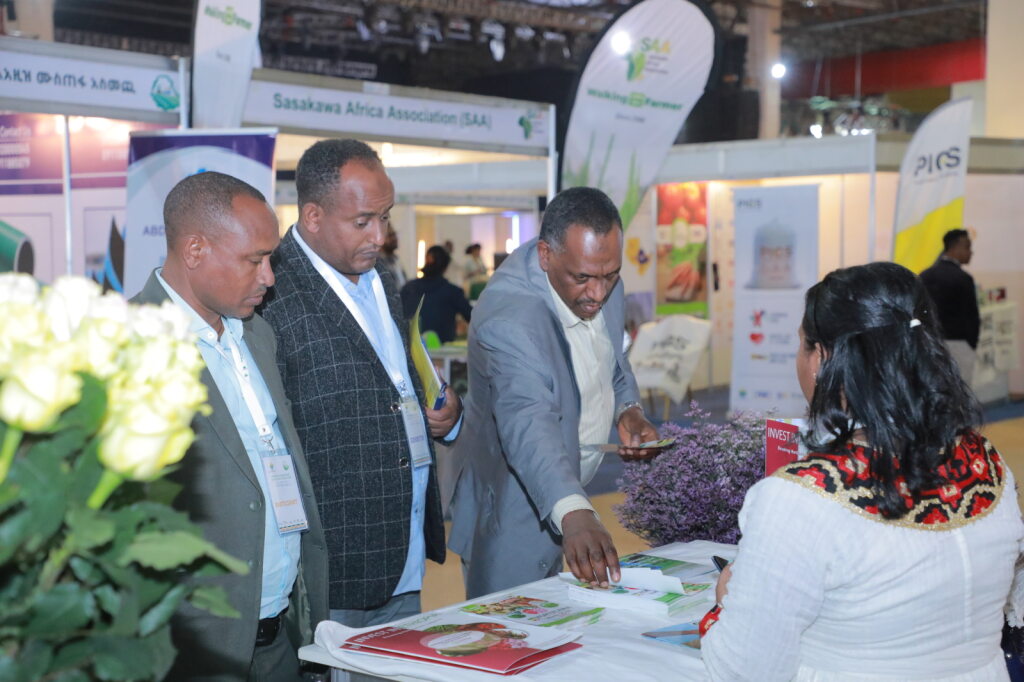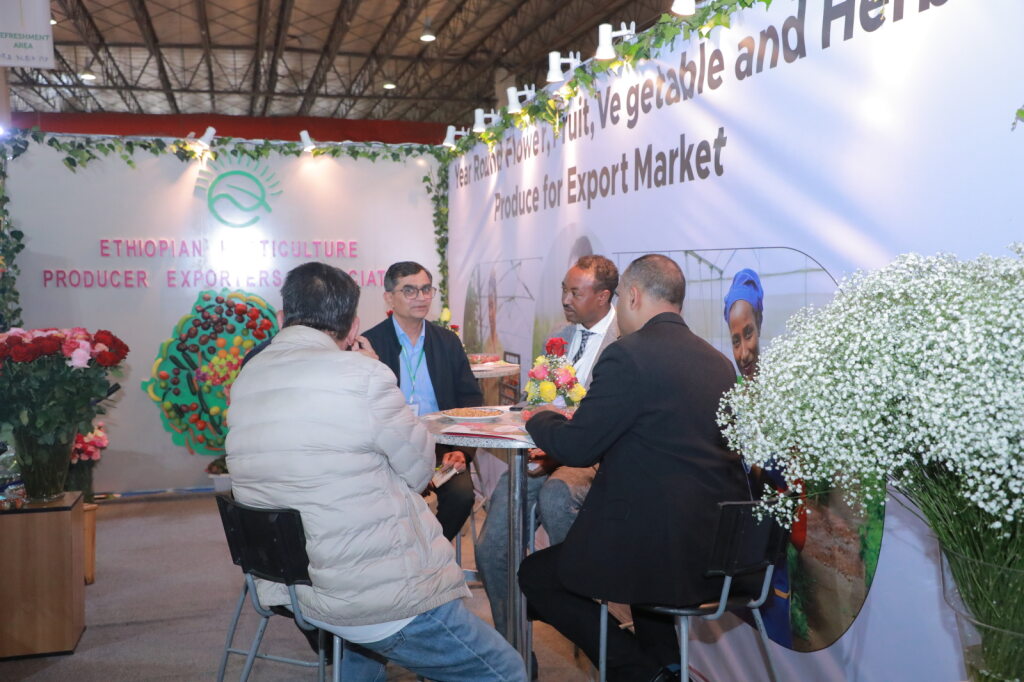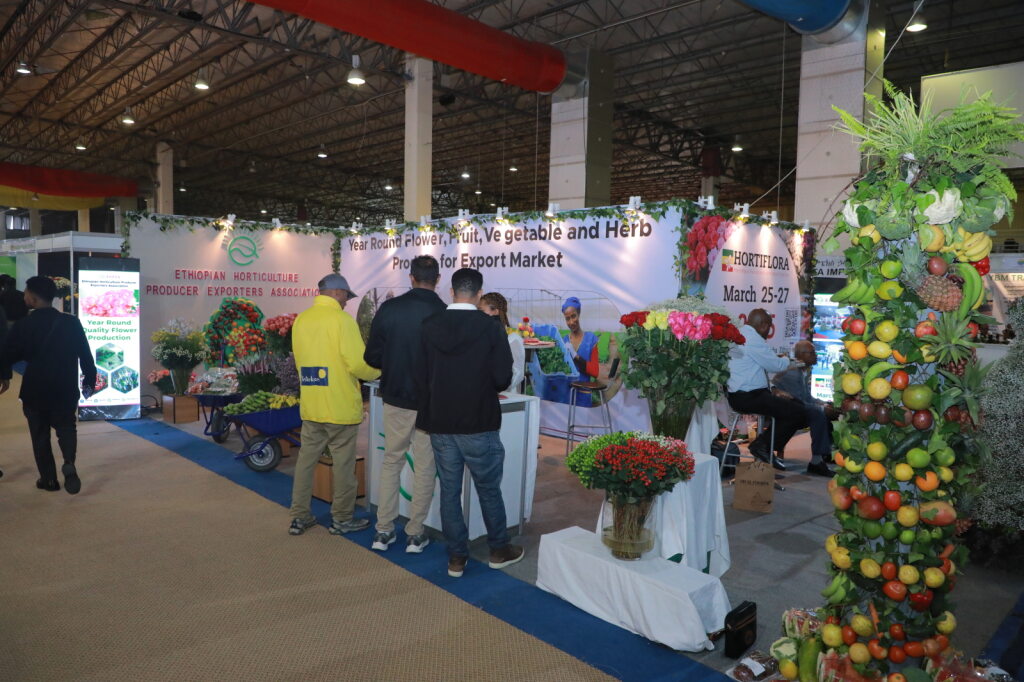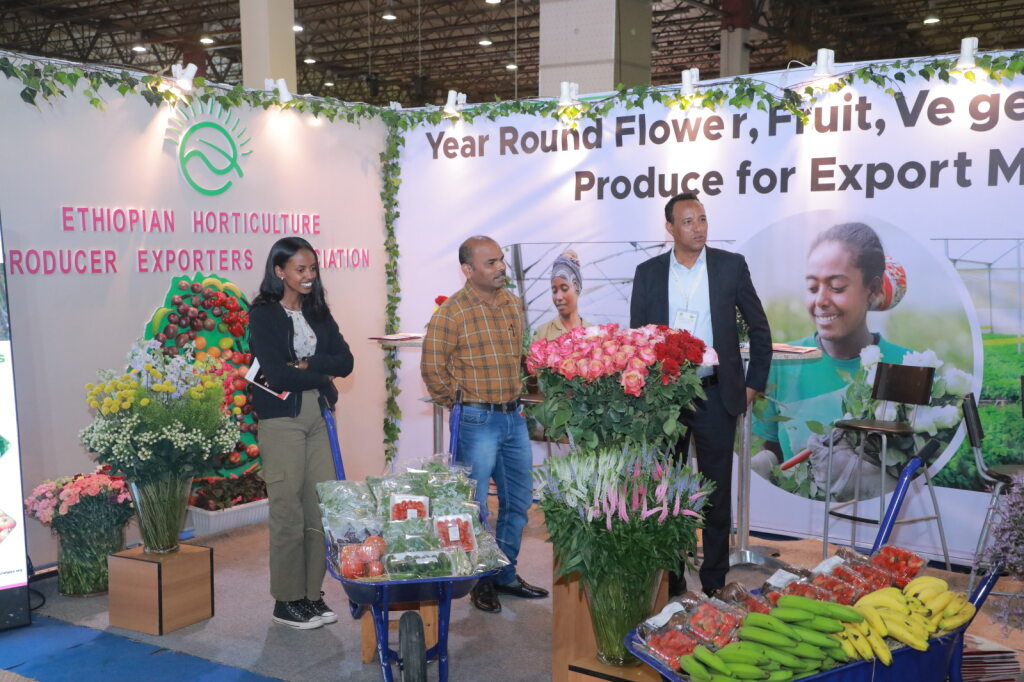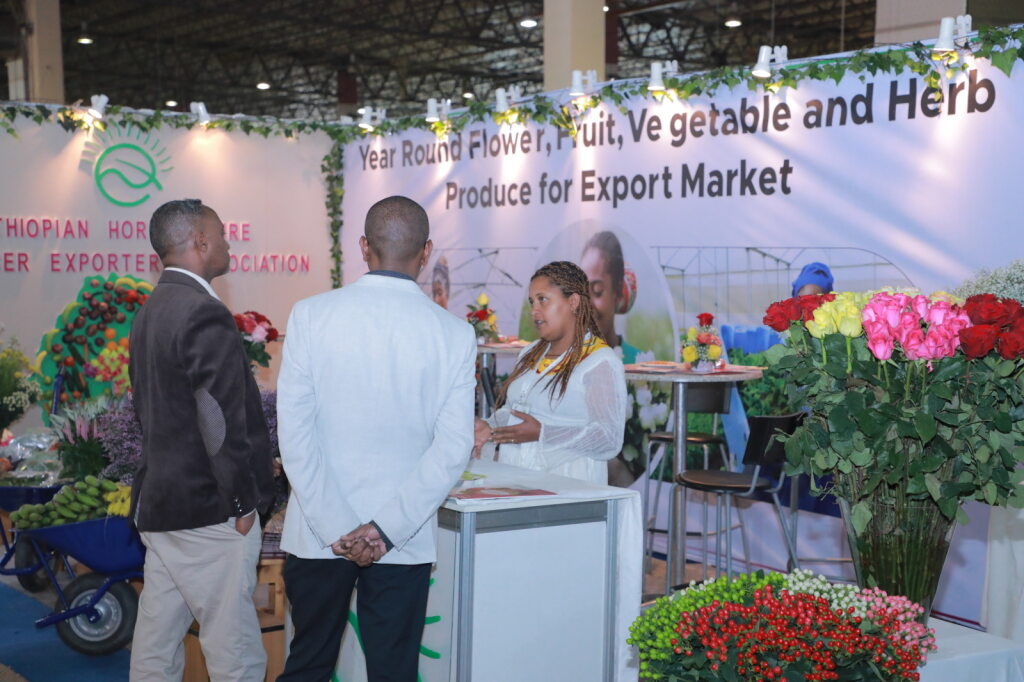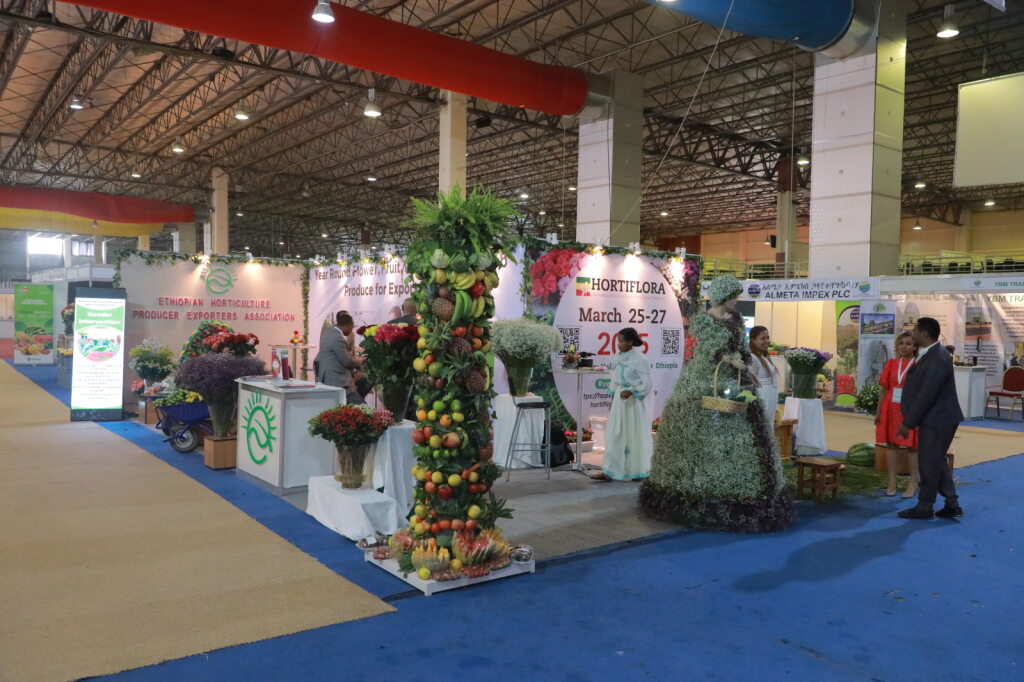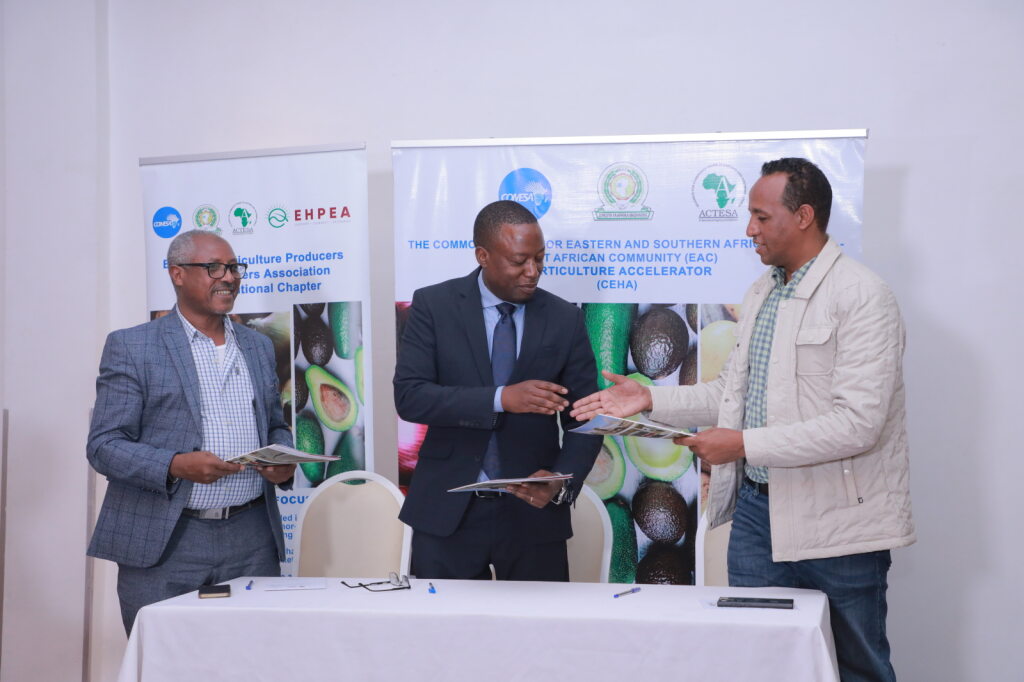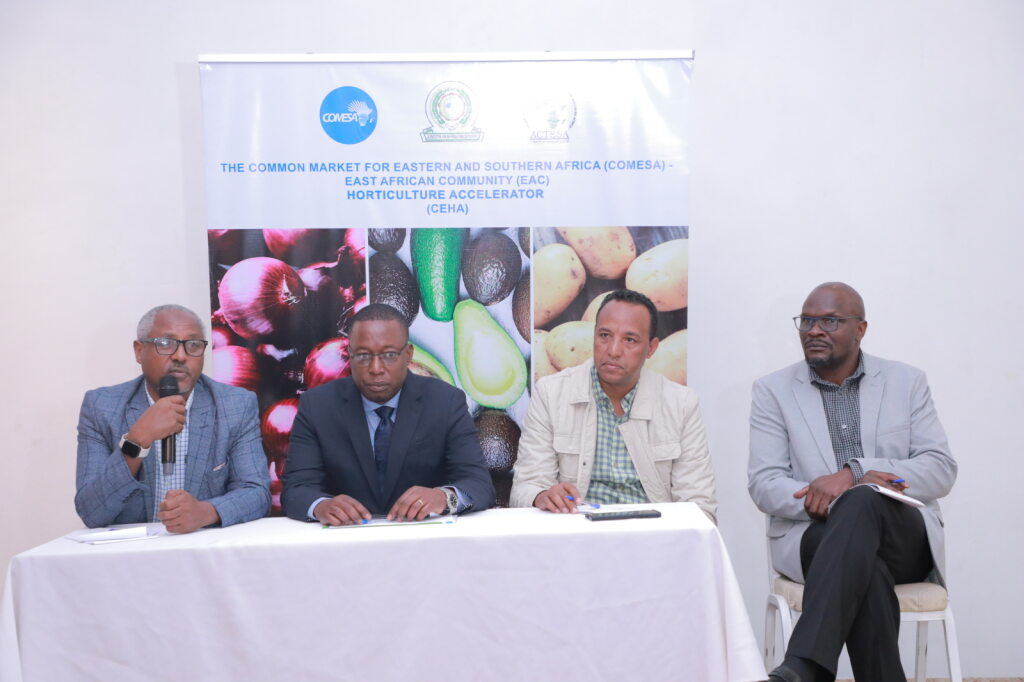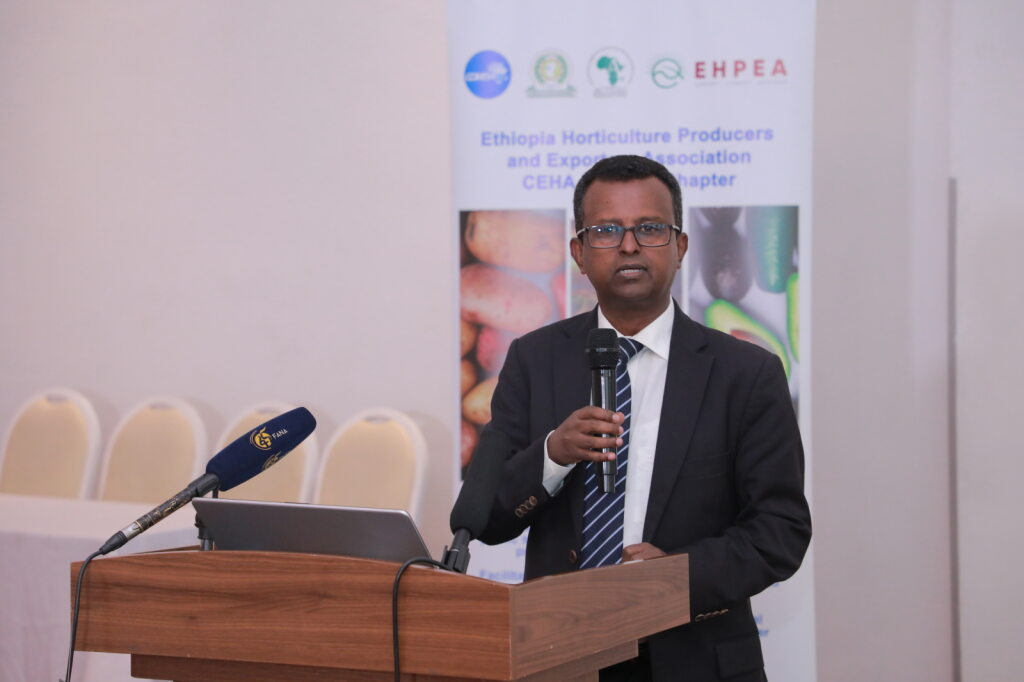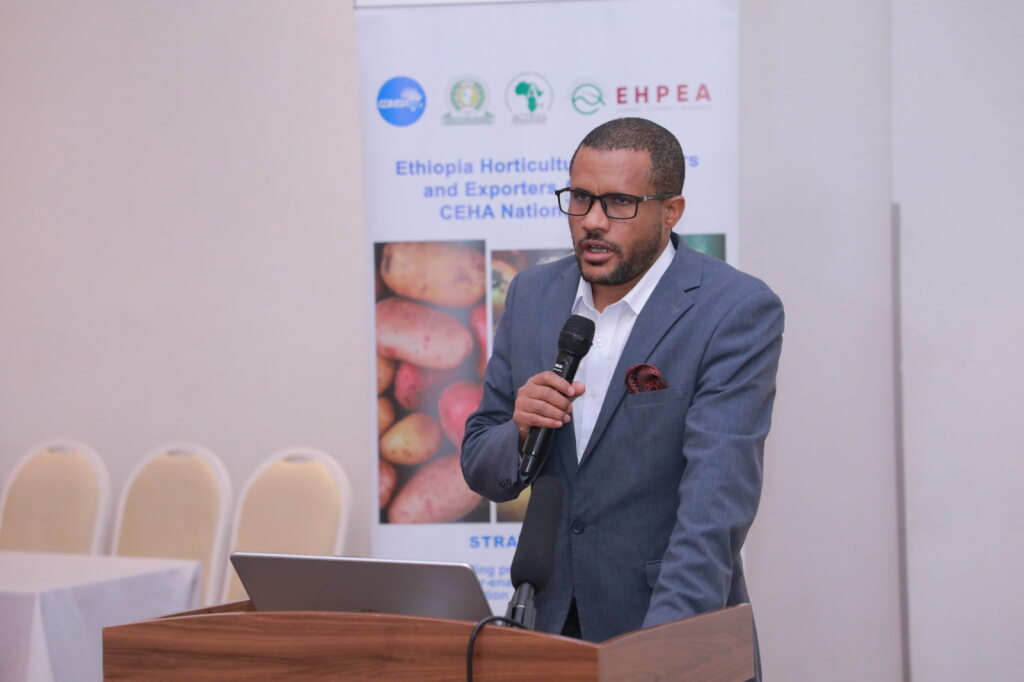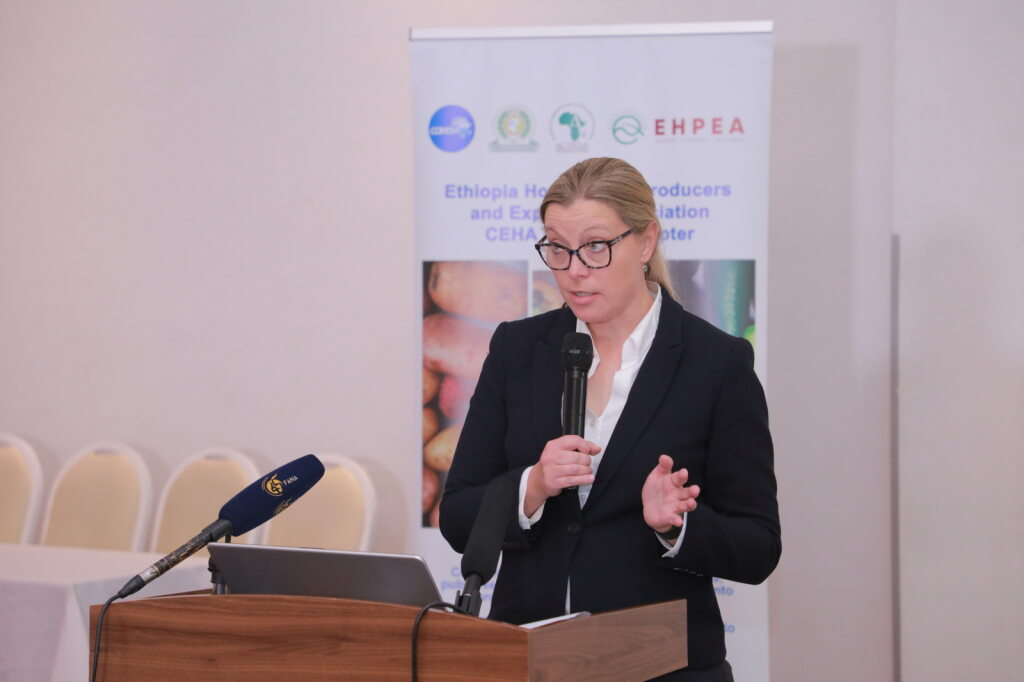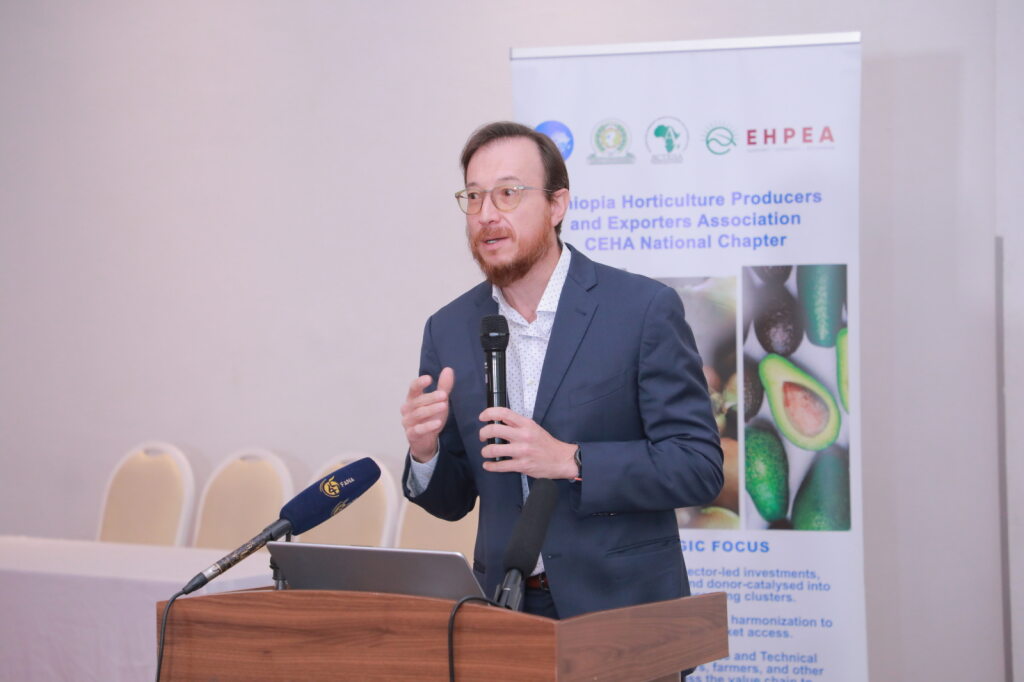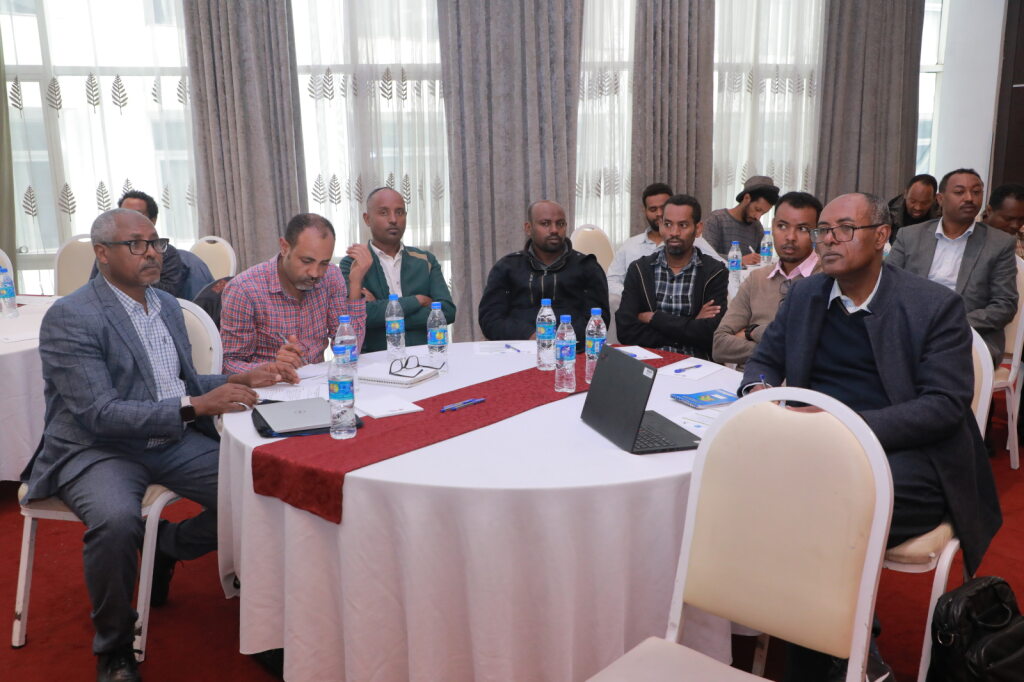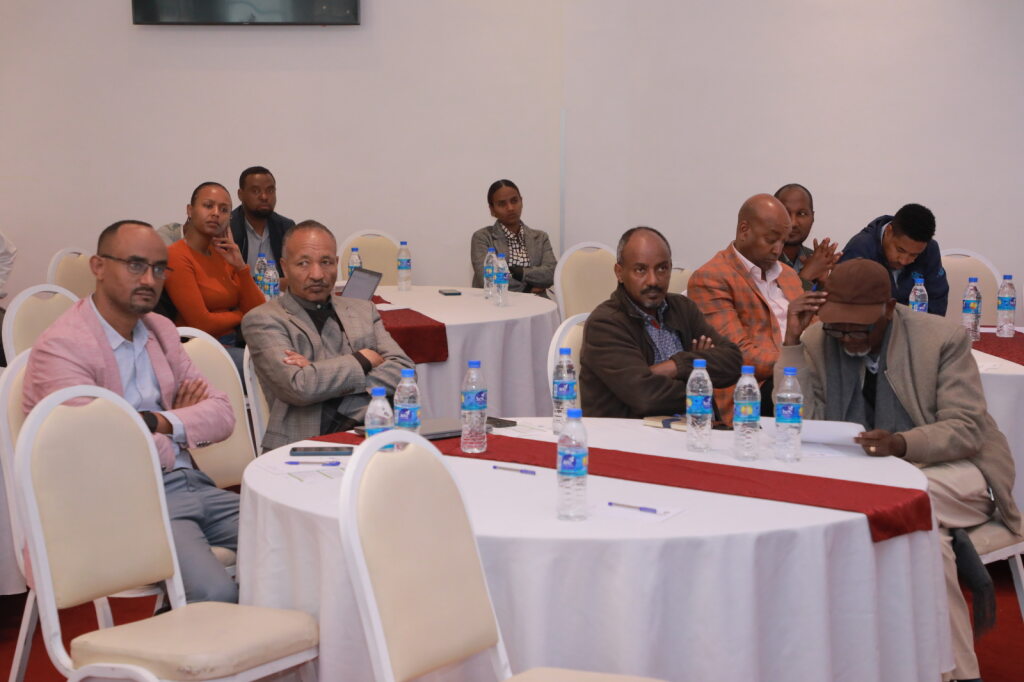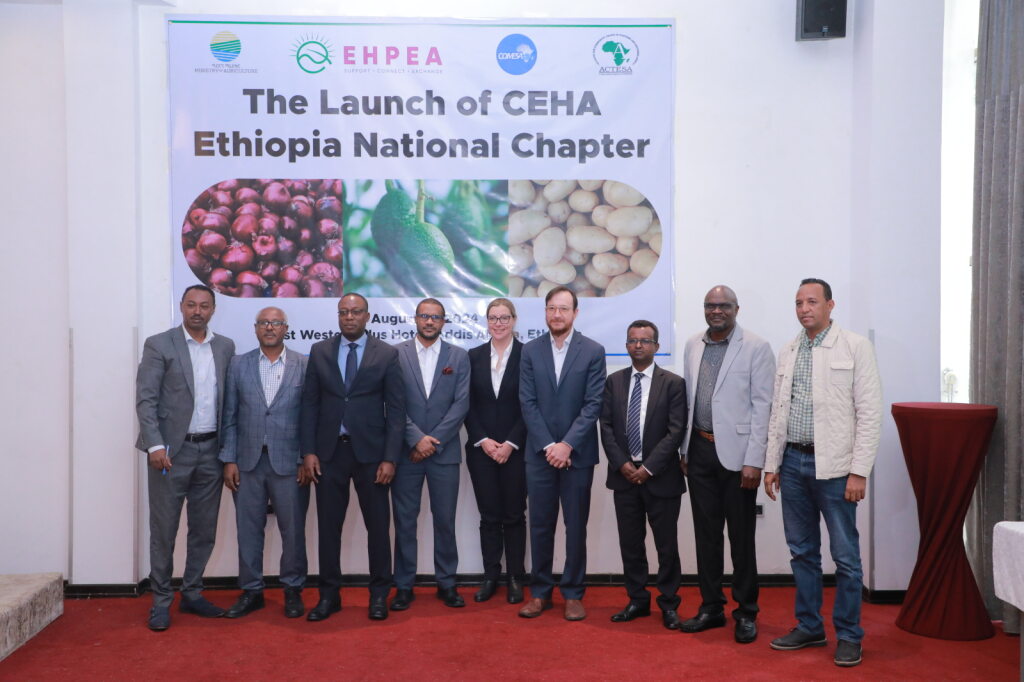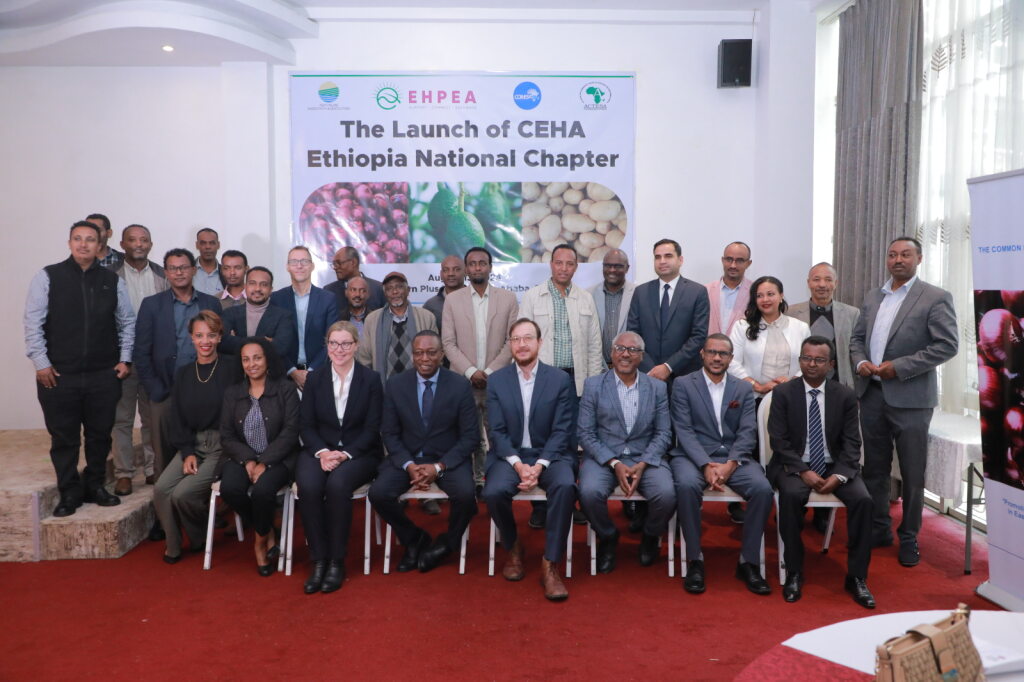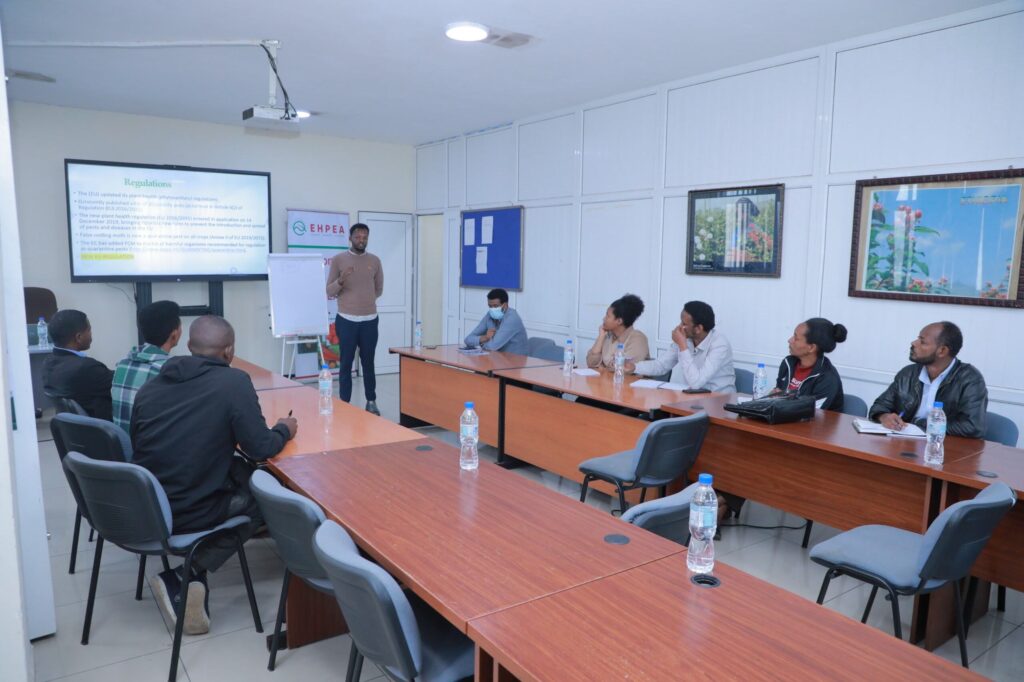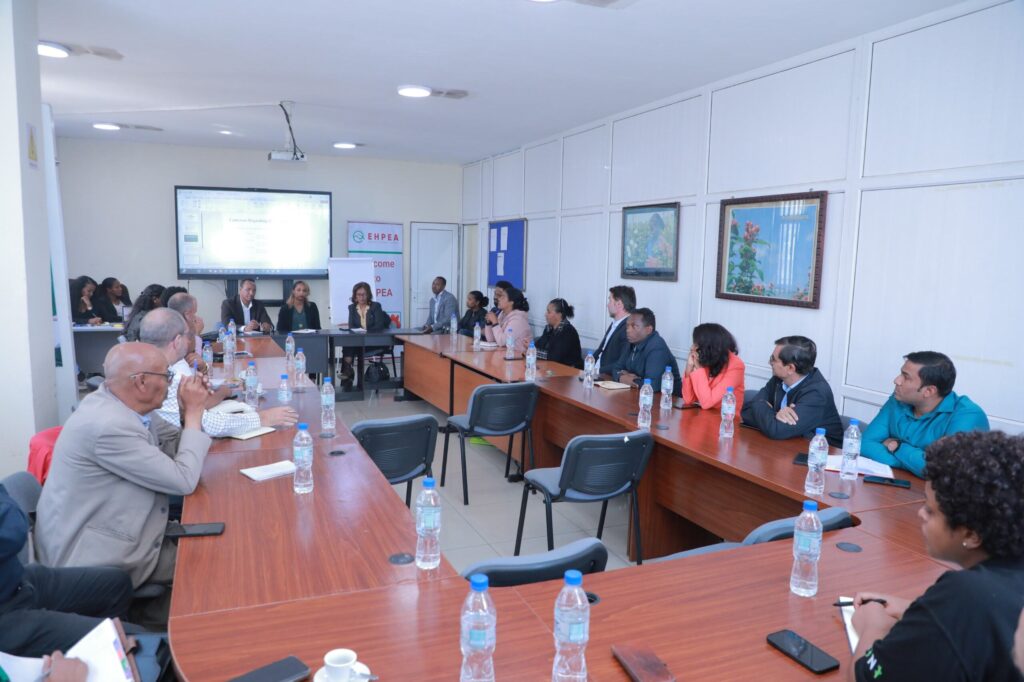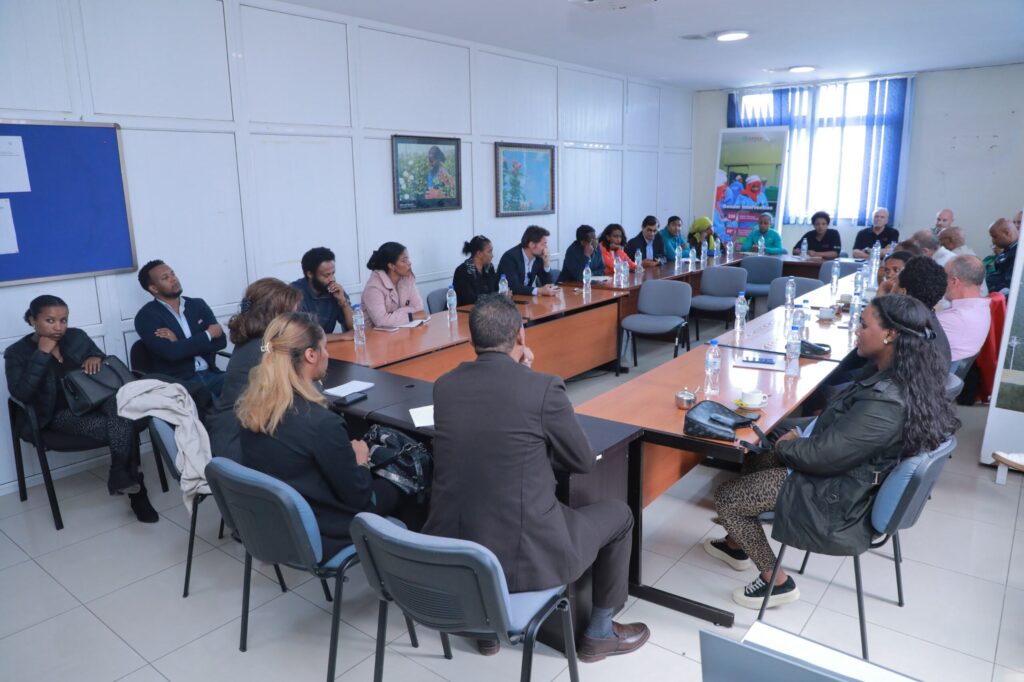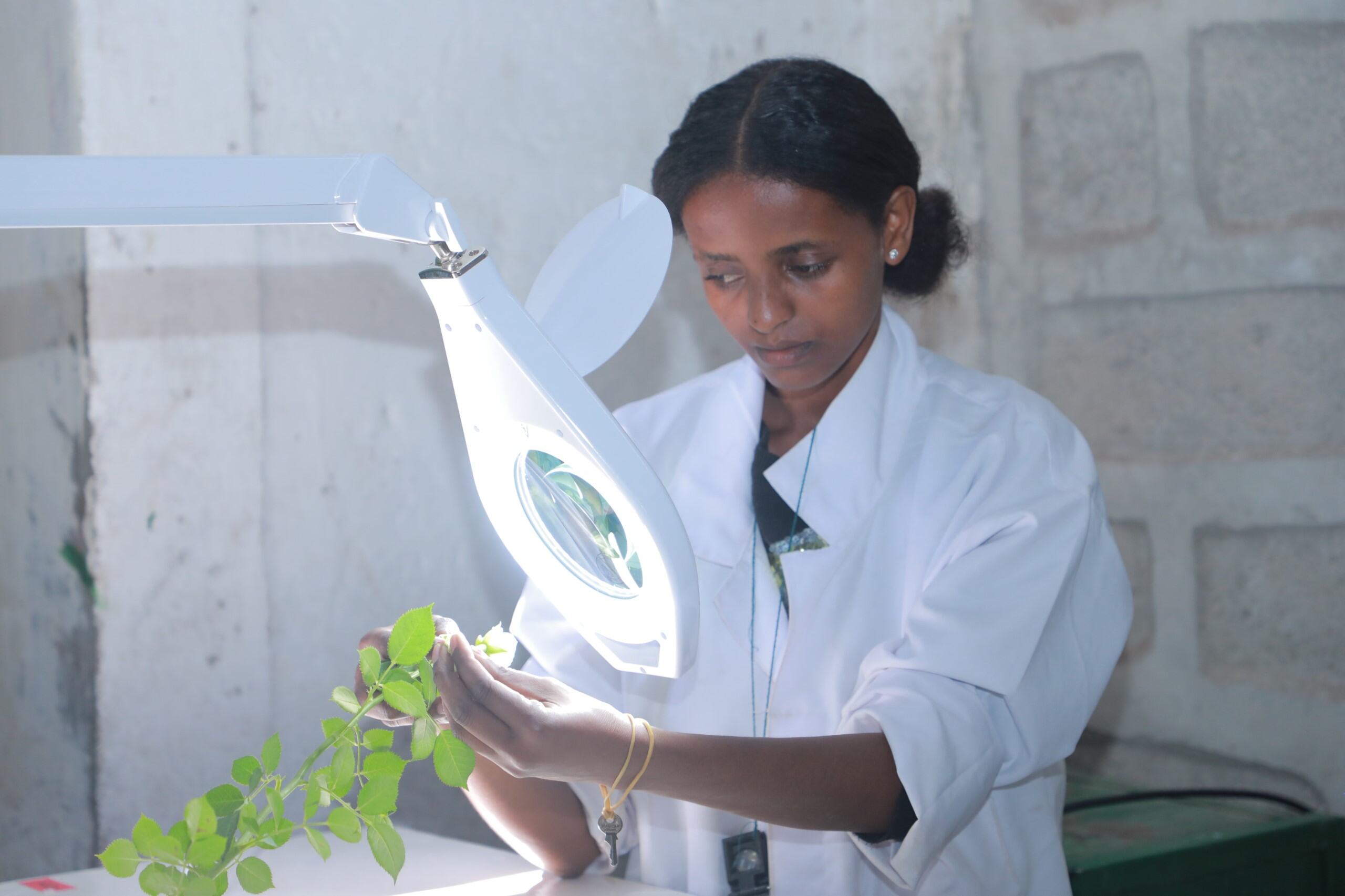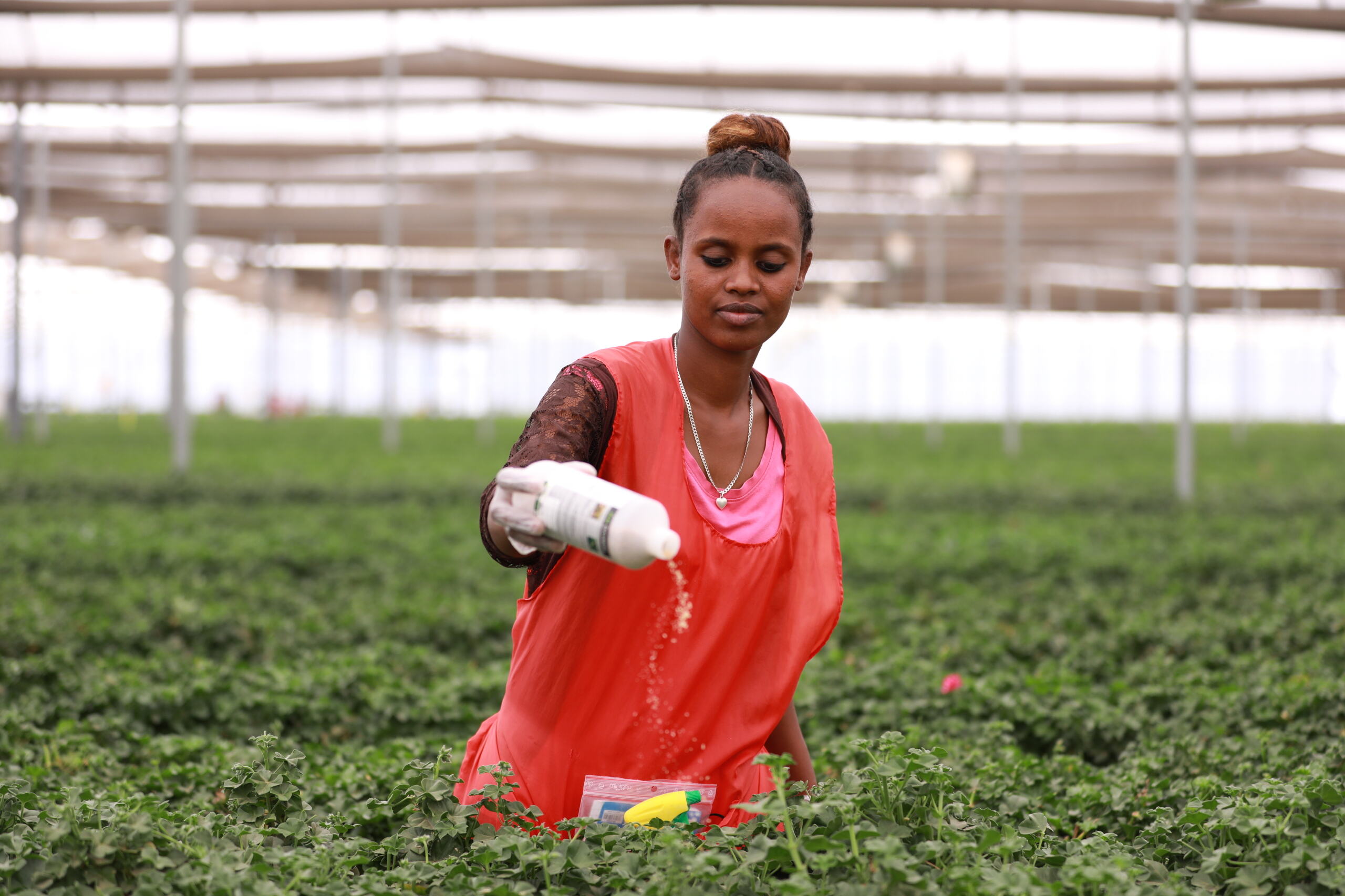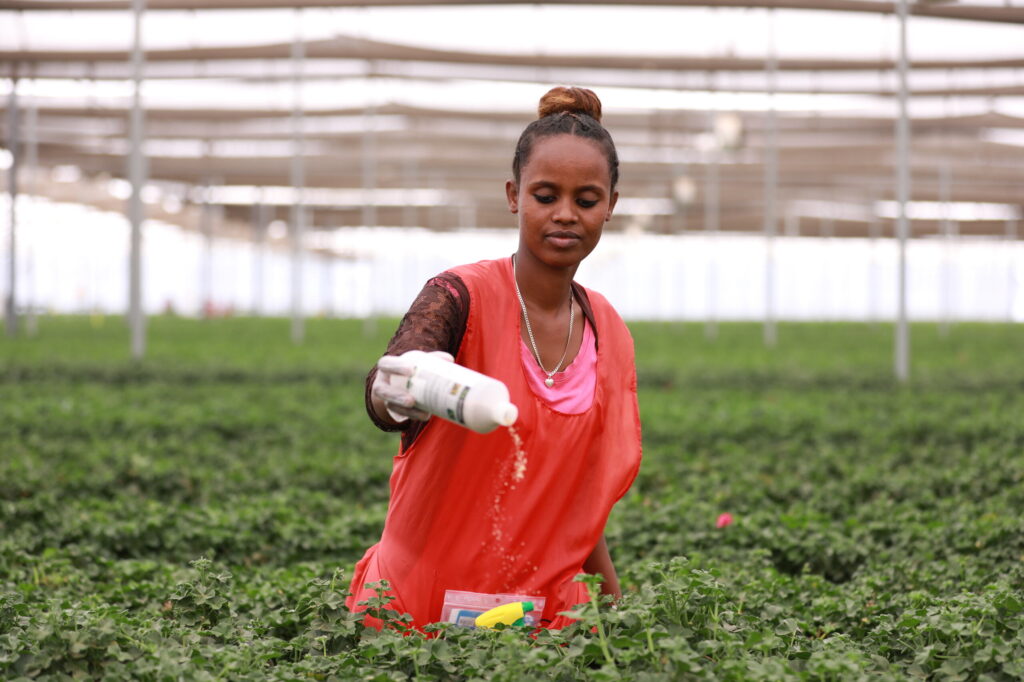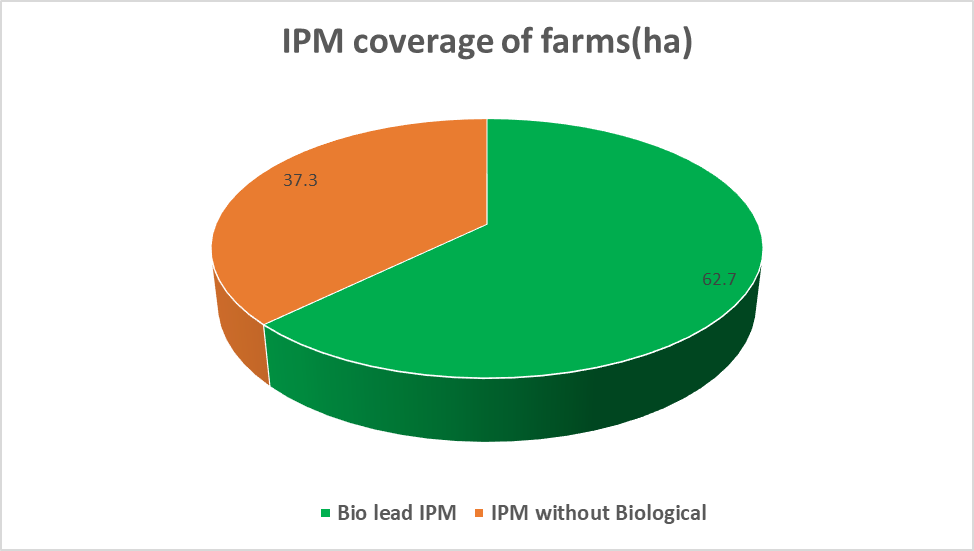According to Floriday, digitization is changing the way we work in the floriculture industry. This requires collaboration from both growers and buyers. Floriday spoke to Henk de Jong, commercial manager at The Orchid Growers about it. Why do they consider digitization important? How are they digitizing their processes? And what results have been achieved so far?
As of 1 January 2022, Ter Laak Orchids and Orchios have merged their sales and marketing activities into one new platform: The Orchid Growers. Every year, they sell some 11 million Phalaenopsis orchids. Henk de Jong is the commercial manager at the company and responsible for commercial policy. Digitizing trading processes is one of the spearheads in this.
Why digitize?
Henk sees the opportunities that digitization offers the company: ‘Previously, orders came to us through Florecom, email, WhatsApp and phone. By digitizing our sales processes, all orders now come in through one channel which saves us a huge amount of time. The order process is faster and the extra time we now have can be invested in customer relations or other things like data processing and optimizing presentations in Floriday, for example. Additionally, digitization provides us with more focus and peace of mind in the order process.”
Together for an efficient order process
At the start of The Orchid Growers, a project team was launched to work on digitization on a daily basis. Henk: “Our team also saw the need to digitize and was fully committed to making this way of working the standard. The project team had many conversations with customers, as it is important to know how they work and what they need to take this step. For example, we looked at what systems (ERP) they work on. You rely on each other. It is also up to us to encourage buyers as much as possible to get the most out of Floriday. We do this, by, for example, working with weekly lists, offers, contracts, and purchasing tips.”
What will digitization bring The Orchid Growers?
Henk: “In very concrete terms, we save two hours per day per employee because our order process is now digital. In our case, we save about 40 hours a week in total. This gives sales staff more time to have an alternative conversation with the customer. It also gives us more time to take a break from the hustle and bustle of the day and think about what the customer really needs. An appropriate supply on Floriday is one such point. It helps the buyer and again saves both of us time.”
Future for the sector
Floriday asks Henk what advice he has for buyers and fellow growers. Henk: “Digitisation will become increasingly crucial in the future. Not only for individual companies but also for us as an industry. My advice is to embrace digitization in your business and connect with fellow growers and buyers. Support your customers in getting ready for further digitization. When we act together as an industry, we achieve the best result by working as efficiently as possible. Of course, this sometimes requires you to step out of your comfort zone and make choices. But it pays off!
We now work fully with Floriday, are active members of Plantform, and are constantly working on developments in the industry. I believe many more things are possible, and I hope we can embrace this as an industry and that everyone starts to see and experience the added value.”
For more information:
Floriday
www.Floriday.ioPublication date: Thu 22 Aug 2024
https://www.floraldaily.com/article/9651895/the-orchid-growers-digitization-improves-order-process-and-strengthens-customer-relationships/?utm_medium=email


